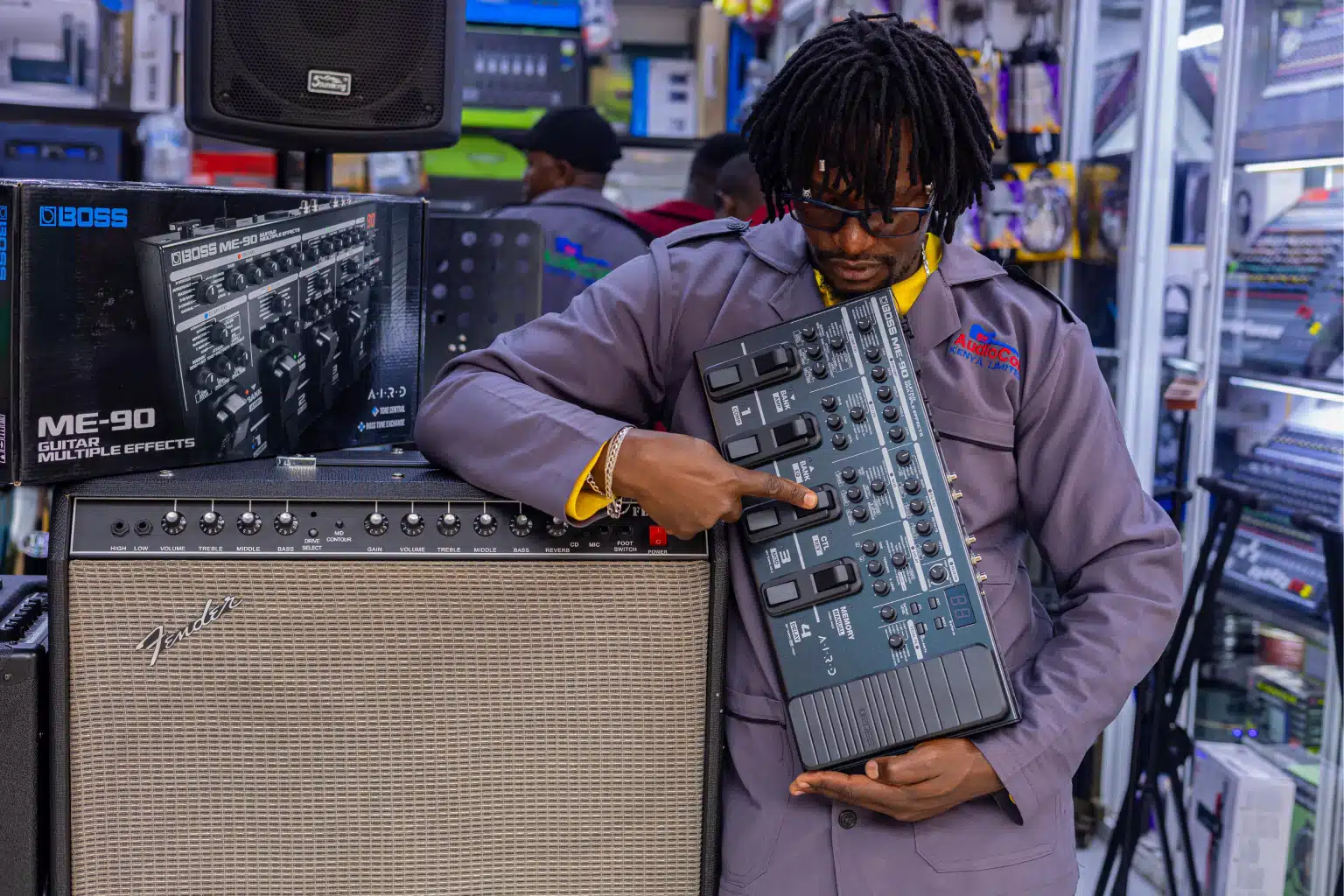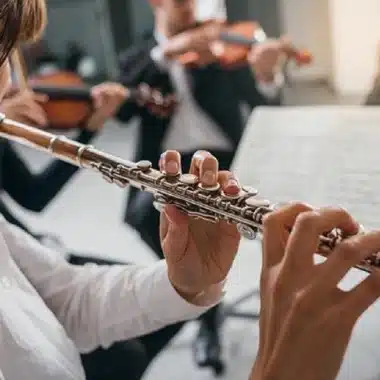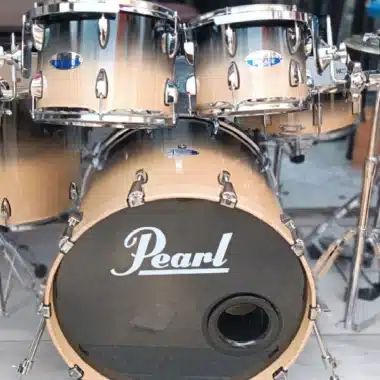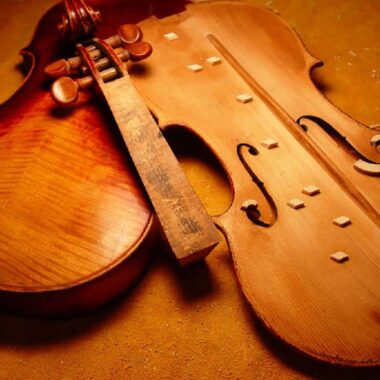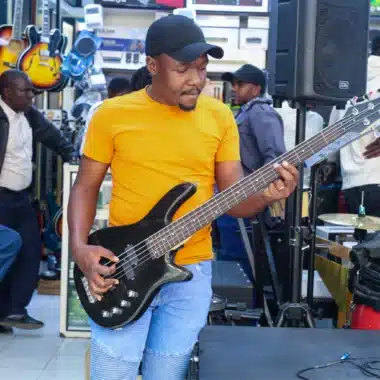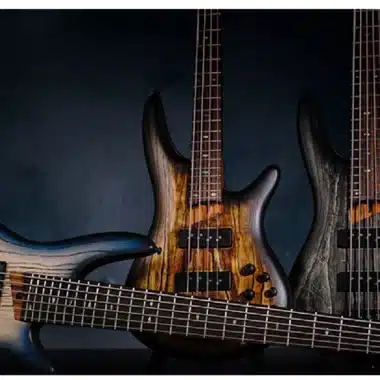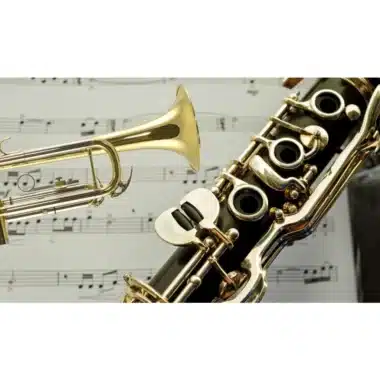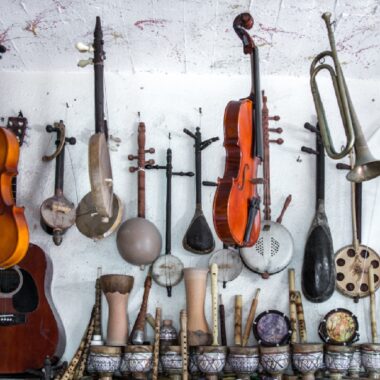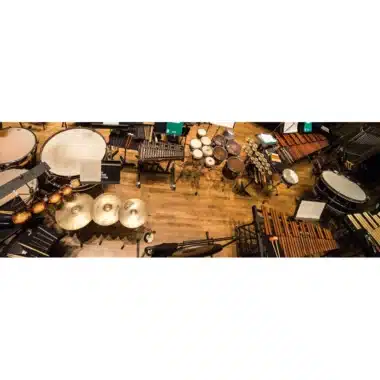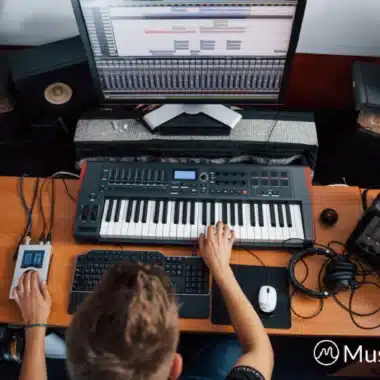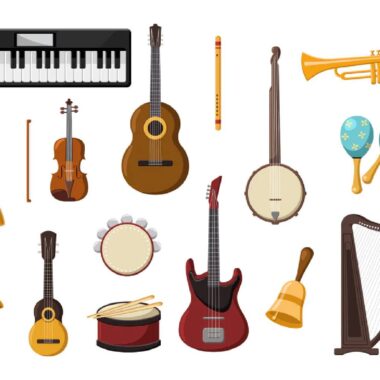Introduction: Discovering the Best Musical Instrument Shops in Nairobi
Nairobi, Kenya’s vibrant capital, is not just a bustling urban center; it’s a cultural and creative hub where music plays a vital role. As the heartbeat of East Africa’s music scene, Nairobi is home to countless musicians, from budding talents to established artists. The city’s growing love for diverse musical expressions fuels the demand for quality musical instruments, making Nairobi a prime spot to find some of the best instrument shops in the region.
Finding a reliable musical instrument store is essential for any musician. The right shop offers more than just instruments; it provides valuable guidance and support. Whether you’re searching for an acoustic guitar, digital piano, African drum, or high-tech audio equipment, a good store offers an array of choices suited to different skill levels and musical styles. Additionally, many Nairobi-based shops cater to specific musical genres, reflecting the city’s dynamic mix of traditional African and contemporary global sounds.
Supporting local stores also contributes to Nairobi’s music economy. These stores are often run by knowledgeable musicians who understand the instruments they sell and are invested in Nairobi’s cultural growth. Some shops offer repair services, lessons, or workshops, providing a strong support system for musicians of all backgrounds. Local stores also make it easier to connect with Nairobi’s music community through events and gatherings.
In this blog post, we’ll dive into some of best musical instrument shops in Nairobi, from well-established locations to unique niche stores. You’ll learn what to look for in an instrument store, explore the types of instruments available, and discover the importance of supporting local businesses as you embark on your musical journey in Nairobi.
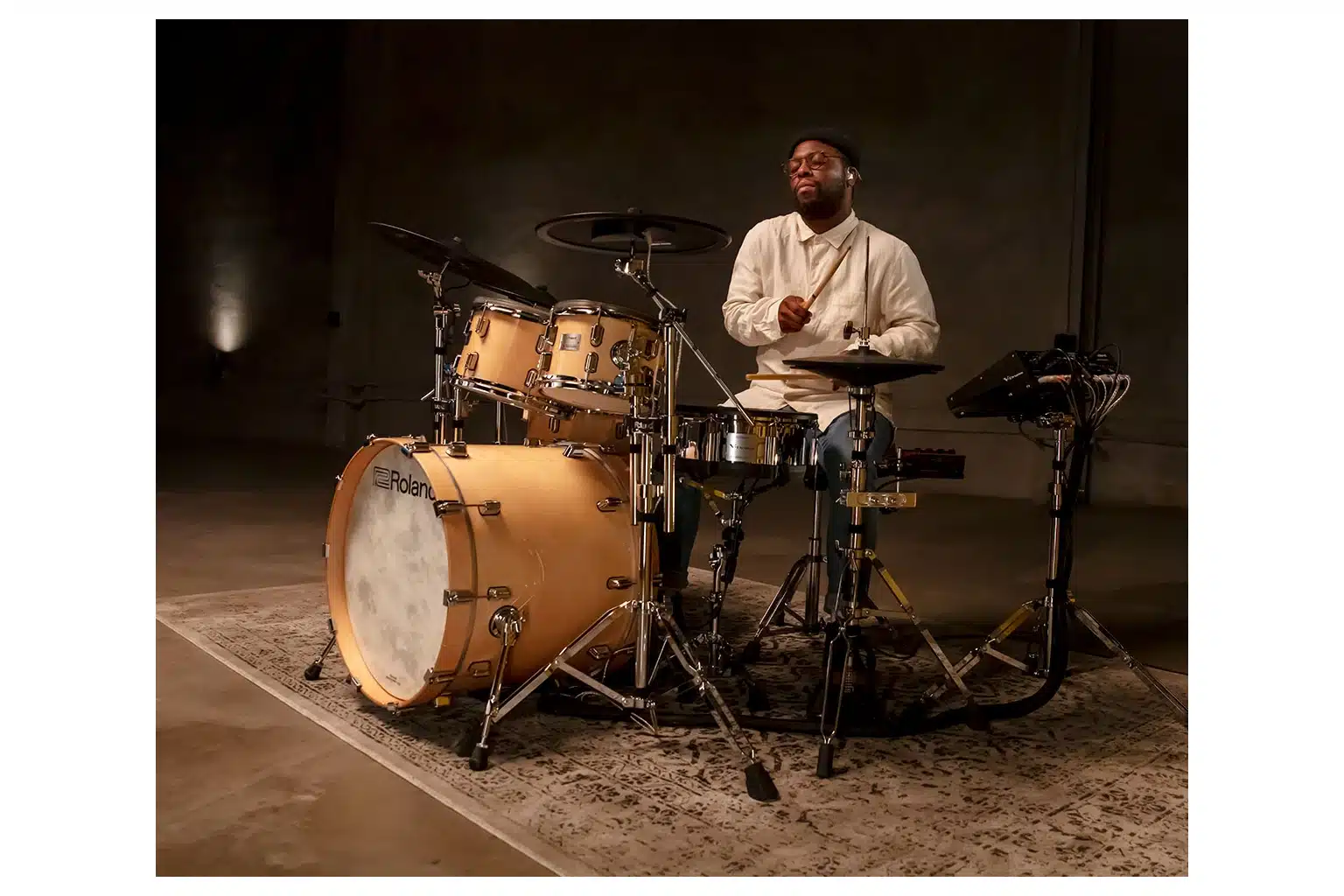
1. What Makes a Good Musical Instrument Shop?
Finding best musical instrument shops in Nairobi is a priority for any musician, whether a beginner or seasoned performer. In Nairobi, where the music scene is rich and diverse, having access to reliable stores is invaluable. Here’s what to look for in a top-notch instrument shop to ensure a great experience and long-lasting satisfaction with your purchase.
First and foremost, a good musical instrument shop offers a wide range of instruments to cater to different tastes and skill levels. A store that has variety – from guitars, keyboards, and drums to local African instruments – is ideal for musicians exploring different genres. The availability of high-quality brands is also essential. Reputable brands offer durability, a better sound, and, often, warranties, giving musicians peace of mind about their investment.
Customer service is another hallmark of a great store. Knowledgeable and friendly staff can make all the difference when choosing an instrument. For newcomers, having staff who can guide you on the best instrument for your skill level, preferences, and budget is invaluable. Experienced musicians may need help finding niche products or custom accessories, and knowledgeable staff can be invaluable here, too.
A top music shop also provides after-sales services, which are critical for maintaining instruments over time. Repair services, maintenance packages, and accessory availability are essential for keeping instruments in optimal condition. Some shops in Nairobi even offer lessons or access to music tutors, which is an added bonus for beginners or those looking to improve their skills.
Pricing is equally important. While quality instruments can be a significant investment, a good store will offer a variety of price points or even financing options. Shops with periodic sales, student discounts, or package deals make it easier to get everything you need without overspending.
Lastly, a strong community connection distinguishes an excellent music store. Shops that host events, support local artists, or hold workshops create a lively environment where musicians can connect and grow. In Nairobi, music stores that foster this sense of community help build the city’s music culture and support the industry’s growth.
With these key features in mind, you’ll be well-equipped to find the perfect musical instrument shop in Nairobi to support your creative journey. Whether you’re after your first guitar or a high-end synthesizer, choosing a shop that ticks these boxes will ensure a satisfying and enriching musical experience.
2.Best Musical Instrument Shops in Nairobi
Nairobi has become a vibrant destination for musicians seeking quality instruments, offering a variety of stores that cater to different needs, from beginner gear to professional-grade instruments. Here’s a look at some of the top-rated music stores in Nairobi, each known for unique offerings, expertise, and commitment to supporting musicians across the city.
1. Assanand’s Music Store
Located in Nairobi’s central business district, Assanand’s is one of the oldest and most popular music stores in the city. Known for its extensive inventory, Assanand’s stocks a wide range of instruments, including guitars, keyboards, violins, and traditional African instruments. They also carry well-known brands like Yamaha, Fender, and Pearl, making it a go-to for quality gear. The staff at Assanand’s are experienced and approachable, helping musicians find the right instrument for their needs.
2. Melodica Music Store
Melodica is ideal for beginners and students, offering affordable instruments along with music lessons and resources for young musicians. Located near educational institutions, it’s particularly popular among students seeking entry-level instruments for learning and practice. The store has a good selection of guitars, keyboards, recorders, and basic drum kits. Their focus on providing value to aspiring musicians, combined with their knowledgeable staff, makes Melodica a supportive environment for newcomers.
3. Instruments Kenya
Known for high-quality imported instruments, Instruments Kenya specializes in meeting the needs of intermediate and advanced musicians. They offer brands like Roland, Korg, and Ibanez, attracting musicians who seek specific sound quality and durability. The store also provides music accessories and equipment for live performances, such as amplifiers and sound mixers, making it popular with Nairobi’s performing artists.
4. Digital Sound Nairobi
For those interested in electronic and digital instruments, Digital Sound Nairobi is a top choice. This shop offers a variety of digital pianos, synthesizers, MIDI keyboards, and electronic drum kits. They cater to musicians working in modern genres like electronic, hip-hop, and pop. In addition to instruments, Digital Sound provides music production equipment, making it ideal for those interested in recording or producing their own music.
5. Music Inn Kenya
Music Inn Kenya stands out for its emphasis on traditional African instruments. If you’re looking for instruments like the nyatiti, kalimba, or marimba, this store has an impressive selection. Music Inn supports local instrument makers, promoting Kenya’s rich musical heritage. The store also carries a range of contemporary instruments, making it an excellent option for musicians interested in blending traditional sounds with modern music.
6. Nairobi Drum Center
Drummers can find their haven at Nairobi Drum Center, a shop specializing in all things percussion. From African drums like djembes and bongos to Western drum kits and cajons, the store offers a variety of options for percussionists. They also provide drumsticks, heads, and accessories, making it a one-stop-shop for all drumming needs.
Each of these stores brings something unique to Nairobi’s music community, from affordable beginner instruments to high-end professional gear. They offer quality products, knowledgeable service, and often, a chance to join Nairobi’s thriving music scene. Whether you’re a new student, a seasoned performer, or simply passionate about music, Nairobi’s top instrument stores provide everything you need to pursue your musical journey.
3. Buying Instruments in Nairobi: What to Look For
Choosing the right musical instrument in Nairobi involves more than just finding a reputable store; it requires considering quality, budget, the type of instrument, and additional support options. Here’s what to look for when buying an instrument to ensure a purchase that suits both your current and future musical needs.
1. Quality and Brand Reliability
Quality is paramount when purchasing any musical instrument, as it impacts durability, sound quality, and overall performance. Look for well-established brands like Yamaha, Fender, Roland, and Pearl for their reputation for quality across a variety of instruments. When choosing guitars, pianos, or drums, for example, a recognized brand often means higher-grade materials and more refined craftsmanship. Local stores such as Assanand’s and Instruments Kenya offer a selection of trusted brands, and the knowledgeable staff can guide you on what brand fits your skill level and budget.
2. Instrument Condition and Sound Quality
Whether you’re buying new or secondhand, it’s essential to test the instrument’s sound and feel before committing. For string instruments like guitars, check for sound clarity, fretboard comfort, and the presence of any buzzing sounds. With keyboards or digital pianos, assess the key responsiveness, sound clarity, and built-in features. If you’re purchasing a secondhand instrument, examine it carefully for wear and tear, particularly on moving parts like guitar strings, drum heads, or keyboard keys. Playing a few notes or scales can give you an idea of the instrument’s tone and quality.
3. Budget and Price Range
Musical instruments vary widely in price depending on the brand, quality, and type. Setting a clear budget helps you narrow down your options without feeling overwhelmed. Many Nairobi shops cater to different budget levels, with affordable, entry-level instruments for beginners as well as high-end options for professionals. In addition, some stores, such as Digital Sound Nairobi, offer financing options that allow you to pay for the instrument in installments, making it easier to afford more expensive pieces. It’s also worth asking about any upcoming sales, discounts, or student offers.
4. Accessories and Maintenance Options
Accessories are often essential for keeping your instrument in top shape. Drummers may need sticks, practice pads, or extra drumheads, while guitarists may need picks, strings, and tuners. Some Nairobi stores bundle these accessories with the instrument, saving you money in the long run. Maintenance services, like string replacement for guitars or tuning for pianos, are also valuable. Stores like Nairobi Drum Center and Instruments Kenya often provide these services, so ask if your chosen shop offers maintenance support to keep your instrument in peak condition.
5. Customer Service and Expertise
Friendly, knowledgeable staff can make a big difference when choosing an instrument, especially if you’re a beginner. Nairobi’s reputable music stores generally employ staff who understand the technical aspects of their instruments and can offer advice tailored to your needs. Whether you’re a seasoned musician seeking a specific sound or a beginner looking for guidance, finding a store with supportive staff enhances your buying experience. Stores like Melodica Music Store and Music Inn Kenya are known for their helpful service, which is crucial for those needing advice on instruments, accessories, and even music lessons.
6. Warranties and Return Policies
Warranties and return policies are essential for peace of mind. A warranty covers repairs for any manufacturing defects, while a flexible return policy allows you to exchange the instrument if it doesn’t meet your expectations. Reputable Nairobi shops often provide warranties on new instruments, with some even offering trial periods for certain items, like digital pianos or guitars. Before buying, ask about the warranty coverage and return policy to avoid any unexpected issues.
By keeping these factors in mind, you’ll be better prepared to make a wise purchase at a Nairobi music store that meets both your musical aspirations and practical needs.
4. Traditional vs. Modern Instruments Available in Nairobi
Nairobi’s musical instrument market is as diverse as its music scene, reflecting the rich blend of cultural traditions and contemporary influences that shape the city’s sounds. Musicians here can find both traditional African instruments that celebrate Kenya’s heritage and modern instruments that drive contemporary genres. Each type offers unique experiences, sounds, and cultural connections, and the availability of both makes Nairobi a vibrant music hub.
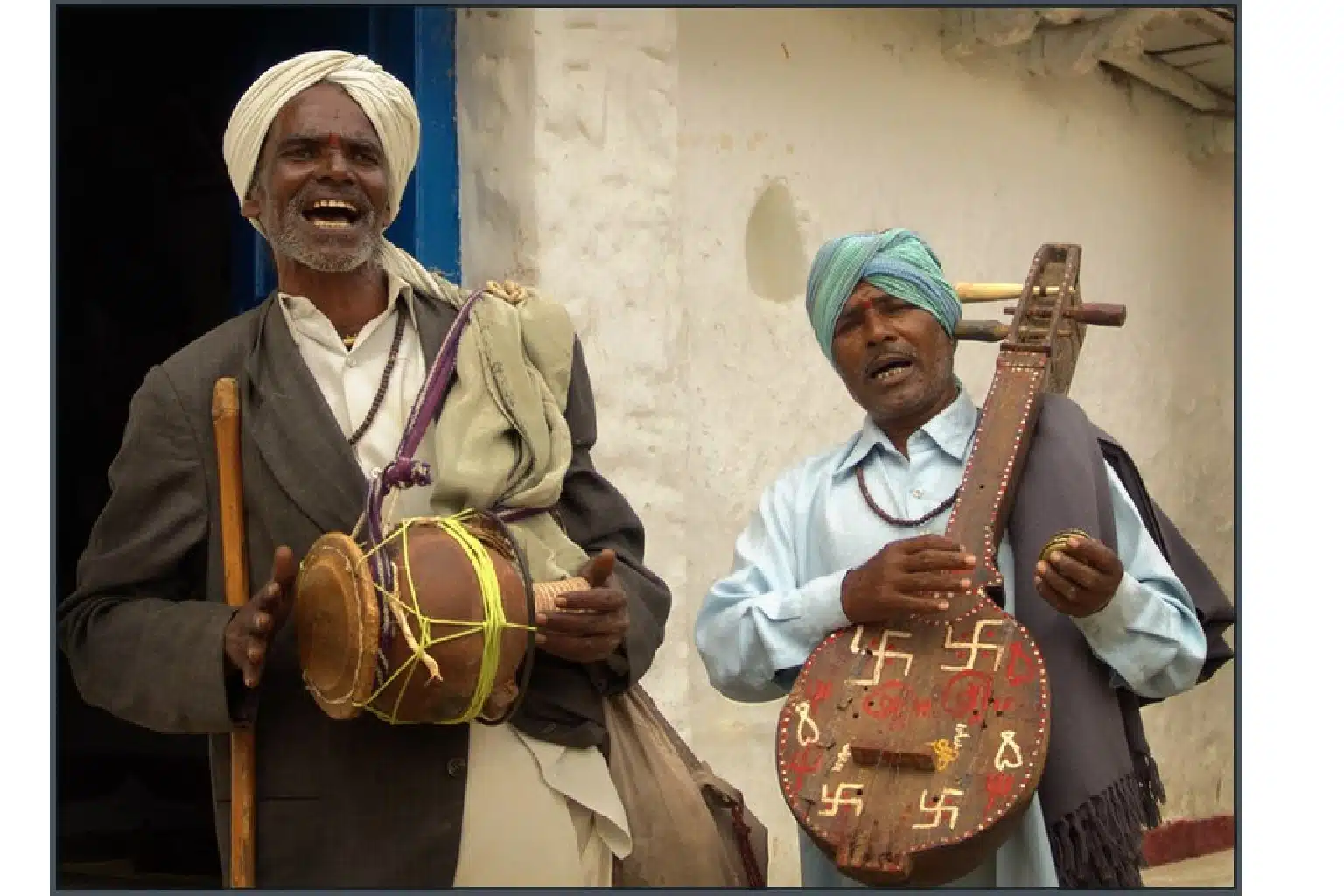 Traditional Instruments: Preserving Cultural Roots
Traditional Instruments: Preserving Cultural Roots
Traditional African instruments have a profound historical significance in Kenya, representing the customs, stories, and sounds of different ethnic groups. These instruments are often handcrafted using local materials, lending a unique quality to each piece. In Nairobi, stores like Music Inn Kenya specialize in traditional instruments such as the nyatiti, a lyre-like instrument with roots in the Luo community, and the orutu, a single-stringed fiddle. Other popular traditional instruments include drums like the djembe, widely used across East Africa for rhythm and storytelling, and the marimba, a type of wooden xylophone that produces rich, melodic tones.
For those seeking to explore Kenya’s cultural heritage, traditional instruments offer a direct link to the past. Playing these instruments connects musicians to Kenyan customs, including ceremonial and celebratory music, and allows them to explore different styles such as folk and tribal music. Traditional instruments are still widely used today, especially in cultural events, festivals, and even contemporary music fusions where musicians blend native sounds with modern genres like jazz, hip-hop, and Afrobeat.
Beyond their musical value, traditional instruments offer unique aesthetic appeal. Often decorated with engravings, colorful beads, and animal skins, they are visually striking and represent a deep respect for craftsmanship. For collectors or those interested in the visual and cultural aspects of music, these instruments can serve as art pieces as well as musical tools.
Modern Instruments: Enabling Diverse Musical Expression
Modern instruments, on the other hand, are essential for Nairobi’s thriving contemporary music scene. From keyboards and electric guitars to drum kits and digital synthesizers, modern instruments enable artists to explore genres such as rock, pop, reggae, hip-hop, and electronic music. Stores like Digital Sound Nairobi cater to this demand, offering a wide selection of modern instruments, from electric pianos and drum kits to advanced sound mixers and amplifiers.
Modern instruments are equipped with innovative features that appeal to today’s musicians, especially those interested in experimenting with digital sound. For instance, synthesizers and MIDI keyboards allow artists to create electronic beats and soundscapes, which are popular in genres like EDM and hip-hop. Digital pianos, which replicate the sound of an acoustic piano with added portability, are ideal for musicians performing in varied settings or those with limited space at home.
Additionally, modern instruments often come with customizable options, making it easier for musicians to adjust sound settings and tones to suit their preferences. Many Nairobi stores offer amplifiers and effects pedals, especially popular among guitarists, allowing them to explore different sounds and effects. These options have expanded the creative possibilities for Nairobi musicians, supporting a wide array of genres and styles.
The Intersection of Traditional and Modern Music
One of the most exciting aspects of Nairobi’s music scene is the fusion between traditional and modern instruments. Many Kenyan musicians creatively combine both styles to produce unique sounds that honor their heritage while staying relevant in today’s music landscape. For instance, artists may blend the rhythmic beats of traditional drums with electronic beats or mix the resonant tones of the nyatiti with electric guitar riffs. This blend is evident in genres like Afro-fusion, which has gained popularity both in Kenya and internationally for its unique blend of African rhythms and contemporary styles.
Stores that offer both traditional and modern instruments encourage this fusion. Music Inn Kenya, for instance, provides a range of traditional instruments alongside some modern accessories, appealing to musicians who want to incorporate indigenous sounds into modern compositions. This accessibility fosters an appreciation for Kenya’s musical heritage while encouraging innovation and cross-genre experimentation.
Choosing Between Traditional and Modern Instruments
When choosing an instrument, consider the sound, purpose, and cultural connection you wish to achieve. Traditional instruments are ideal for those looking to connect with Kenyan heritage, perform at cultural events, or experiment with unique sounds that resonate deeply with African rhythms and melodies. Modern instruments, however, are suited for musicians interested in flexibility, digital production, or genres that rely on electric soundscapes and effects.
In Nairobi, musicians have the rare opportunity to easily access both traditional and modern instruments, enabling them to create music that is both culturally rich and forward-looking. With numerous shops offering a variety of instruments, Nairobi’s music stores have become a bridge between the past and present, supporting a music scene that respects tradition while embracing change.
Whether you’re a musician dedicated to preserving traditional sounds or an artist pushing the boundaries of contemporary music, Nairobi’s instrument shops provide everything you need to bring your musical vision to life.
5. Why Buying from Local Stores Matters
Choosing to buy musical instruments from local stores in Nairobi has numerous advantages that extend beyond convenience. Local music stores play a crucial role in supporting Nairobi’s music ecosystem, fostering community connections, and offering valuable resources and expertise that are often absent in larger, more impersonal outlets or online-only retailers. Here’s why buying from local stores makes a difference for both musicians and the broader Nairobi music scene.
Supporting the Local Economy and Creating Jobs
When you buy from a local store, you’re directly contributing to the local economy. Every purchase helps sustain small businesses, which in turn creates jobs and economic growth within the community. In Nairobi, the music scene is thriving, with numerous musicians, educators, technicians, and retailers working together to make it flourish. Supporting local stores helps these businesses remain competitive, ensuring that they can continue to offer quality products, employ local talent, and contribute to Nairobi’s economy.
Additionally, local stores often collaborate with Nairobi-based artisans who specialize in handcrafting traditional African instruments like the nyatiti, orutu, or various types of drums. Purchasing these instruments from local stores not only keeps these crafts alive but also provides sustainable income for artisans who maintain Kenya’s cultural heritage through their work.
Building a Community of Musicians
Local music stores are much more than just retail spaces; they’re gathering places where musicians can connect, share experiences, and support each other. Many of Nairobi’s musical instrument shops, such as Assanand’s and Music Inn Kenya, have become hubs for the local music community. Musicians frequently visit these stores not only to purchase gear but also to exchange ideas, get advice, and hear about local music events, workshops, and performance opportunities.
This community-building aspect is particularly valuable for beginner musicians who benefit from the mentorship and guidance that comes from interacting with more experienced players. By shopping locally, you gain access to a supportive community that is invaluable for growth, learning, and networking. These relationships can lead to collaborations, band formations, or simply friendships with fellow musicians, enriching Nairobi’s vibrant music scene.
Access to Knowledgeable Staff and Personalized Service
Local music stores often employ staff who are knowledgeable and passionate about music and who understand the unique needs of Nairobi’s musicians. This is an asset for both beginners and seasoned musicians who may need guidance on choosing the right instrument, maintaining it, or learning new techniques. Staff at local stores can offer personalized recommendations based on your skill level, music genre, and budget. They know their inventory well, including the particular nuances of different instrument brands, and can help you select something that suits you perfectly.
Furthermore, Nairobi’s local stores often provide after-sales services like repairs, maintenance, and tuning. This means you have continued support for your instrument long after you’ve made your purchase. Having access to a local technician for tuning or repairs is a convenience that online shopping cannot offer.
Promoting Sustainability and Reducing Environmental Impact
Buying locally reduces the need for long-distance shipping, which has a significant environmental impact. Large online retailers often ship products from international warehouses, leading to increased carbon emissions and packaging waste. By purchasing from local stores, you reduce the environmental footprint associated with your purchase. Additionally, many local stores carry instruments made by regional artisans who use sustainable materials, further supporting eco-friendly practices.
Encouraging the Growth of Nairobi’s Music Culture
Every instrument purchased from a local store fuels Nairobi’s evolving music culture. As more people buy locally, these stores can continue to stock a wider variety of instruments, including traditional African ones, modern electric options, and unique, handcrafted pieces. This diversity not only supports musicians’ creative pursuits but also makes Nairobi a more appealing destination for musicians worldwide, enhancing the city’s reputation as a music hub.
Furthermore, when you support local music stores, you’re indirectly encouraging investment in music education, events, and local performances. Some stores sponsor local musicians, host workshops, or provide spaces for events. This support enriches Nairobi’s music culture and provides resources that benefit musicians of all levels.
In summary, buying from local musical instrument stores in Nairobi has far-reaching benefits. It strengthens the local economy, builds a supportive music community, offers personalized service, promotes sustainability, and fuels the city’s dynamic music culture. Each purchase supports Nairobi’s musicians and artisans, helping them thrive in an increasingly digital world.

